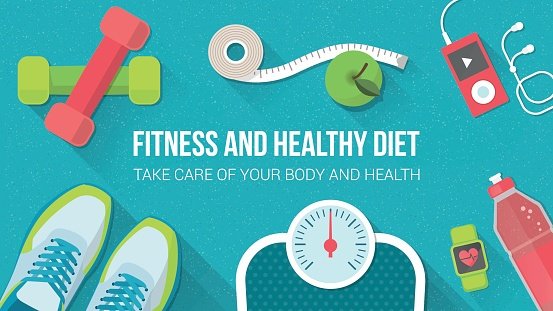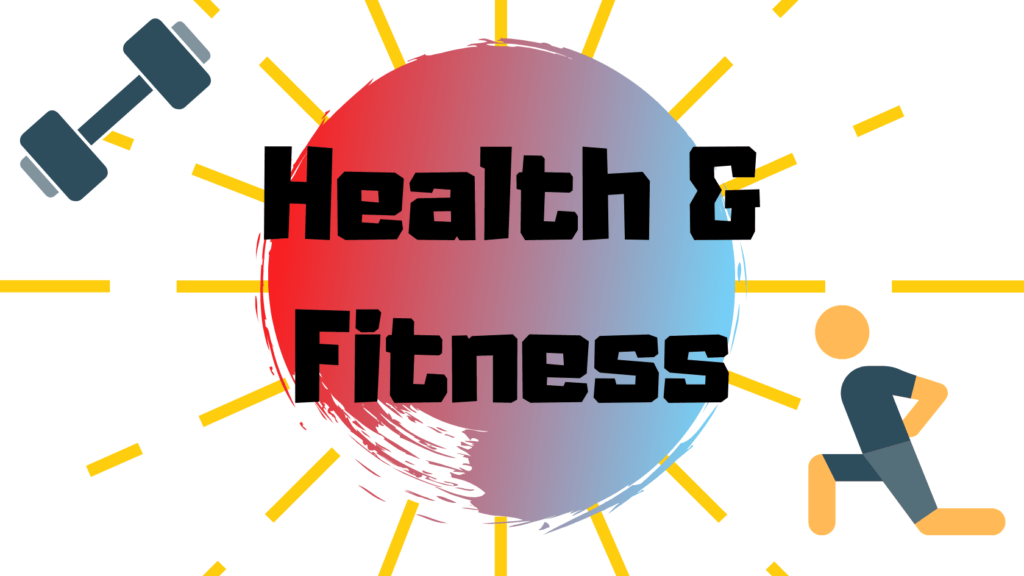
Health and fitness are interconnected concepts that refer to the overall well-being and physical condition of an individual. Maintaining good health and fitness is essential for leading a fulfilling and productive life. Let’s delve into both aspects:
-
Health: Health encompasses various components that contribute to a person’s overall well-being. These components include:
a. Physical Health: Refers to the condition of the body, which includes aspects such as body weight, cardiovascular health, strength, flexibility, and resistance to diseases.
b. Mental Health: Relates to a person’s emotional and psychological well-being. Good mental health involves managing stress, emotions, and maintaining a positive outlook on life.
c. Emotional Health: Involves understanding and managing emotions effectively, fostering healthy relationships, and coping with life’s challenges.
d. Social Health: Involves the ability to form and maintain meaningful relationships with others and participate in a supportive social network.
e. Spiritual Health: Relates to finding purpose and meaning in life, often through personal beliefs, values, or practices.
f. Environmental Health: Involves living in a clean and safe environment that promotes well-being.
Maintaining good health requires a holistic approach that considers all these aspects. Regular medical check-ups, a balanced diet, regular exercise, adequate sleep, stress management, and seeking professional help when needed are essential for maintaining optimal health.
-
Fitness: Fitness refers to the physical ability to perform daily tasks efficiently and effectively. It is typically measured by various components, including:
a. Cardiovascular Endurance: The ability of the heart and lungs to supply oxygen to the muscles during prolonged physical activity.
b. Muscular Strength: The capacity of muscles to exert force against resistance.
c. Muscular Endurance: The ability of muscles to repeat movements or hold a position over an extended period.
d. Flexibility: The range of motion around joints, which is essential for maintaining mobility and preventing injuries.
e. Body Composition: The proportion of body fat and lean mass in the body.
Regular exercise, such as cardiovascular activities, strength training, and flexibility exercises, is crucial for improving and maintaining physical fitness. A balanced and nutritious diet supports fitness goals and overall health.
Incorporating Health and Fitness into Daily Life: To promote health and fitness, consider adopting the following habits:
- Engage in regular physical activity that you enjoy, such as walking, jogging, swimming, or dancing.
- Follow a well-balanced diet that includes a variety of fruits, vegetables, whole grains, lean proteins, and healthy fats.
- Get enough sleep to allow the body to rest and recover.
- Manage stress through relaxation techniques, mindfulness, or hobbies that bring joy.
- Avoid harmful habits like smoking and excessive alcohol consumption.
- Stay hydrated by drinking plenty of water throughout the day.
- Surround yourself with supportive and positive social connections.
- Find time for activities that nurture your spiritual and emotional well-being.
Remember that health and fitness are ongoing journeys, and small, consistent efforts over time can lead to significant improvements in both areas. It’s important to set realistic goals and be patient with yourself as you work towards a healthier and fitter lifestyle. If needed, consider consulting with healthcare professionals or fitness experts to create a tailored plan that suits your specific needs and goals.

